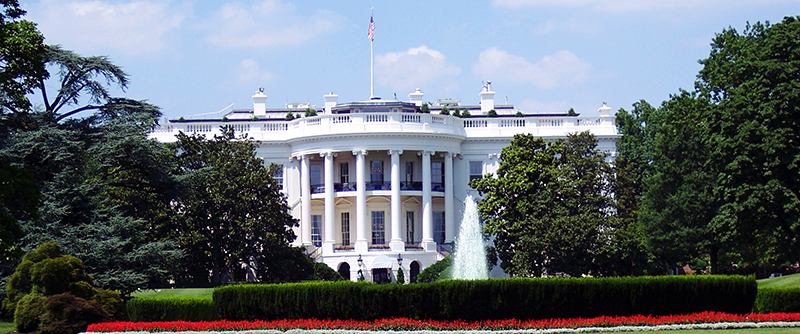Federal Faith-Based Initiative Continues to be Affirmed 
Update on the Centers for Faith-Based and Neighborhood Partnerships
For the last year, the Trump administration has been slowly appointing new staff to the federal Centers for Faith-Based and Neighborhood Partnerships. More importantly, the administration has maintained the federal equal treatment regulations. This is good news for faith-based organizations and for religious freedom advocates because it means that religious service providers continue to have the same opportunity as secular providers to compete for federal funds and to collaborate with federal programs.
To foster partnerships, the federal government for more than two decades has crafted special rules that enable religious organizations to compete for and receive federal funds without sacrificing their religious character.
According to an article by The Institutional Religious Freedom Alliance (IRFA), these equal treatment rules have drawn broad political and legal support. But in government, as in the private sector, even the best rules do not implement themselves. IRFA notes that government officials must be trained and fully literate in the proper implementation of these rules, ensuring that faith-based organizations truly are welcome to compete on an equal basis as secular organizations.
The Bush administration created the faith-based offices precisely to combat such barriers to partnerships. Subsequently, President Obama kept these offices as well. While President Trump has not reopened the White House Office of Faith-Based and Neighborhood Partnerships yet, the departmental Centers are open and operating (except for the one in the Small Business Administration). Some have new leadership, and some continue to be staffed with civil servants who were involved in them during the previous administration.
With or without a big news splash, and whether or not they have new leadership, these department Centers, in fact, have a distinct and designated amount of authority, thanks to the executive orders that created them and thanks to their placement near the leadership of their respective departments. These Centers have authority because one of their key tasks is to ensure implementation of the equal treatment rules that are embedded in the regulations of their respective departments.
Article Source: Institutional Religious Freedom Alliance (IRFA)